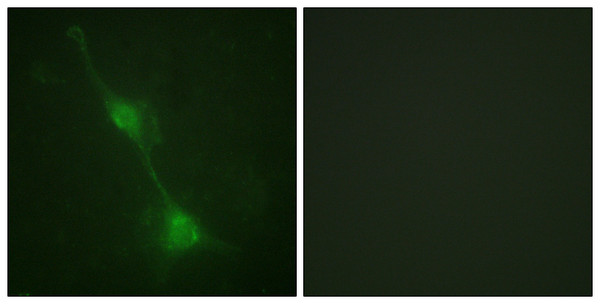| Post Translational Modifications | Ubiquitinated by UBE3A, leading to its degradation by the proteasome. The presence of expanded poly-Gln repeats in spinocerebellar ataxia 1 (SCA1) patients impairs ubiquitination and degradation, leading to accumulation of ATXN1 in neurons and subsequent toxicity. Phosphorylation at Ser-775 increases the pathogenicity of proteins with an expanded polyglutamine tract. Sumoylation is dependent on nuclear localization and phosphorylation at Ser-775. It is reduced in the presence of an expanded polyglutamine tract. |
| Function | Chromatin-binding factor that repress Notch signaling in the absence of Notch intracellular domain by acting as a CBF1 corepressor. Binds to the HEY promoter and might assist, along with NCOR2, RBPJ-mediated repression. Binds RNA in vitro. May be involved in RNA metabolism. In concert with CIC and ATXN1L, involved in brain development. |
| Protein Name | Ataxin-1Spinocerebellar Ataxia Type 1 Protein |
| Database Links | |
| Cellular Localisation | CytoplasmNucleusColocalizes With Usp7 In The Nucleus |
| Alternative Antibody Names | Anti-Ataxin-1 antibodyAnti-Spinocerebellar Ataxia Type 1 Protein antibodyAnti-ATXN1 antibodyAnti-ATX1 antibodyAnti-SCA1 antibody |
Information sourced from Uniprot.org










